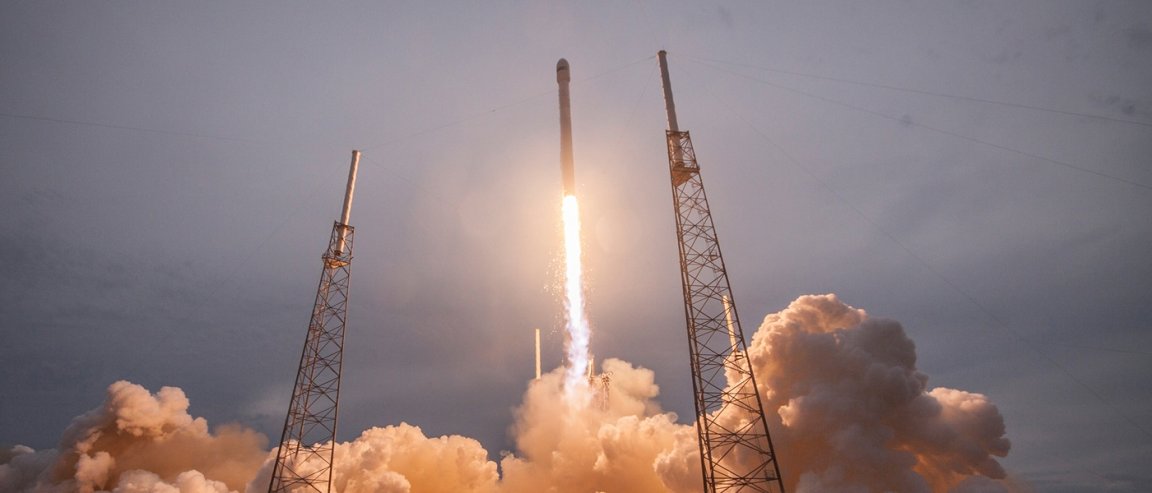
Problem solved
Elon Musk finally confirmed the cause of last September’s SpaceX Falcon 9 explosion in Cape Canaveral. In an interview with CNBC last Friday, the SpaceX CEO said that the cause of the explosion is a “really surprising problem that has never been encountered before in the history of rocketry.”
Days prior to the interview, SpaceX released an update regarding the investigations on the explosion’s cause. They were focusing “on a breach in the cryogenic helium system of the second stage liquid oxygen tank,” the report said.
The problem occurred in one of the three carbon fiber helium tanks inside the main fuel tank. “It basically involves a combination of liquid helium, advanced carbon fiber composites and solid oxygen — oxygen so cold that it actually enters solid phase,” Musk said, without really offering much in detail.
According to a report by the New York Times, supercooled oxygen inside the Falcon 9 rockets is kept at -206 degrees Celsius (-340 degrees Fahrenheit), way above the temperature where oxygen supposedly freezes (-218°C/-362°F). However, helium in the carbon fiber tanks, which is kept at -268°C (-452°F), could have contributed to freezing the oxygen.
Continuous improvement
With the Falcon 9 being a relatively new technology, malfunctions are expected at this stage. NASA’s Space Shuttle wasn’t without its own set of troubles. This is, after all, rocket science.
But now, SpaceX announced that they are convinced that their Falcon 9 rocket technology is once again up to the task. Since SpaceX’s engineers were able to replicate the cause of the explosion, they assert that they will be able to avoid it in its upcoming launches. To that end, Musk said that SpaceX will be ready for another flight as early as December of this year.
Improvements in SpaceX’s rocket technology continue to be in the pipeline, as well. Plans have been set to launch the Falcon Heavy, a beefed-up version of Falcon 9 and the world’s most powerful rocket to date, before the year ends.
